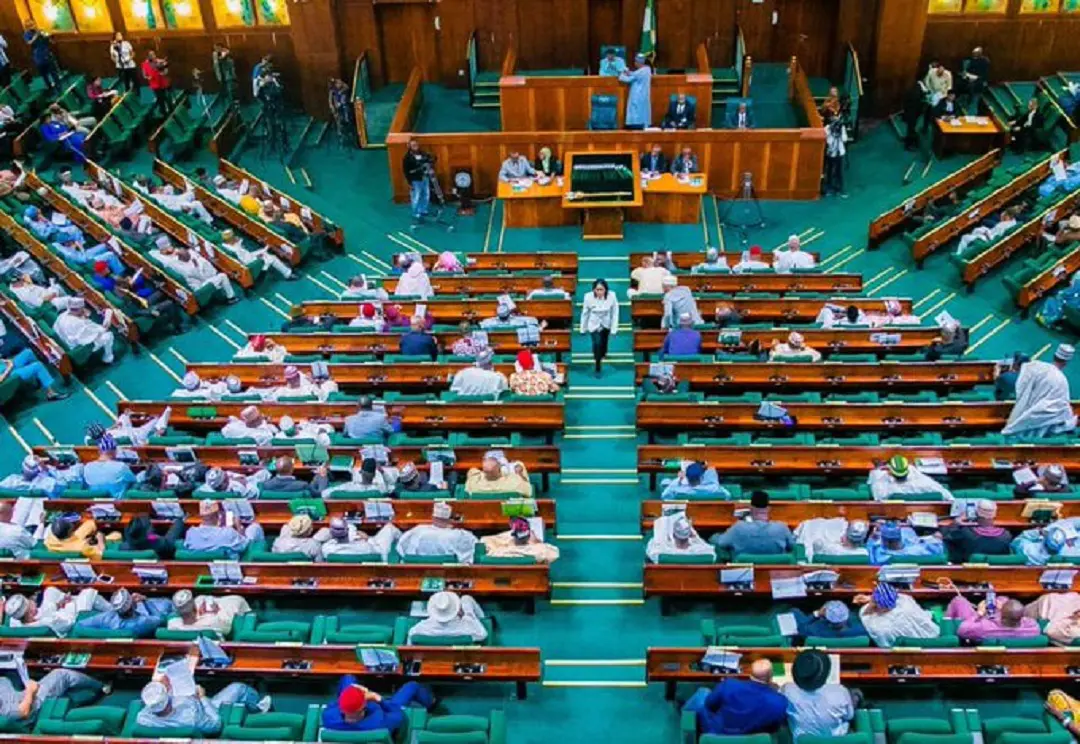Now Reading: Reps Halt WAEC’s Plan to Conduct 2026 WASSCE via Computer-Based Testing
-
01
Reps Halt WAEC’s Plan to Conduct 2026 WASSCE via Computer-Based Testing
Reps Halt WAEC’s Plan to Conduct 2026 WASSCE via Computer-Based Testing

Nigeria’s House of Representatives has ordered an immediate suspension of the West African Examinations Council’s (WAEC) plan to introduce Computer-Based Testing (CBT) for the 2026 West African Senior School Certificate Examination (WASSCE). Lawmakers warned that the move could spark widespread academic failure, emotional distress, and even fatalities among students.
The resolution followed a motion of urgent public importance raised on Thursday by Hon. Kelechi Nworgu, who described the planned rollout as “a looming disaster” for the education system if allowed to proceed without adequate preparation.
Nworgu acknowledged that while the Joint Admissions and Matriculation Board (JAMB) has successfully used CBT for years, most Nigerian secondary schools remain far from ready for such a transition. He pointed out that thousands of schools, especially in rural areas, still lack computers, stable electricity, internet access, and qualified ICT teachers.
“Most of the over 25,500 schools across Nigeria, particularly in rural communities, do not have functional computer systems or trained computer teachers,” he said. “Many students have never even used a computer, yet they are expected to take up to nine subjects, including theory and practical exams, through CBT.”
He warned that the plan could lead to mass failure and frustration among students, potentially fueling depression, drug abuse, and other social challenges.
The lawmaker urged WAEC and the Federal Ministry of Education to delay the initiative for at least three years, suggesting a more realistic implementation between the 2029 and 2030 academic sessions, after the necessary infrastructure and training have been established.
Following deliberations, the House directed WAEC and the Ministry of Education to immediately suspend preparations for the CBT rollout. It also called on the Federal Government to allocate funds in the 2026 budget for building computer laboratories with internet access, hiring qualified computer teachers, and installing standby generators in schools nationwide.
Additionally, the House mandated its Committees on Basic Examination Bodies, Digital and Information Technology, Basic Education and Services, and Labour, Employment and Productivity to engage relevant stakeholders and submit a report within four weeks to guide further legislative action.
The development marks a significant pushback against the government’s digital education agenda, highlighting the widening infrastructure gap between urban and rural schools in Nigeria.




